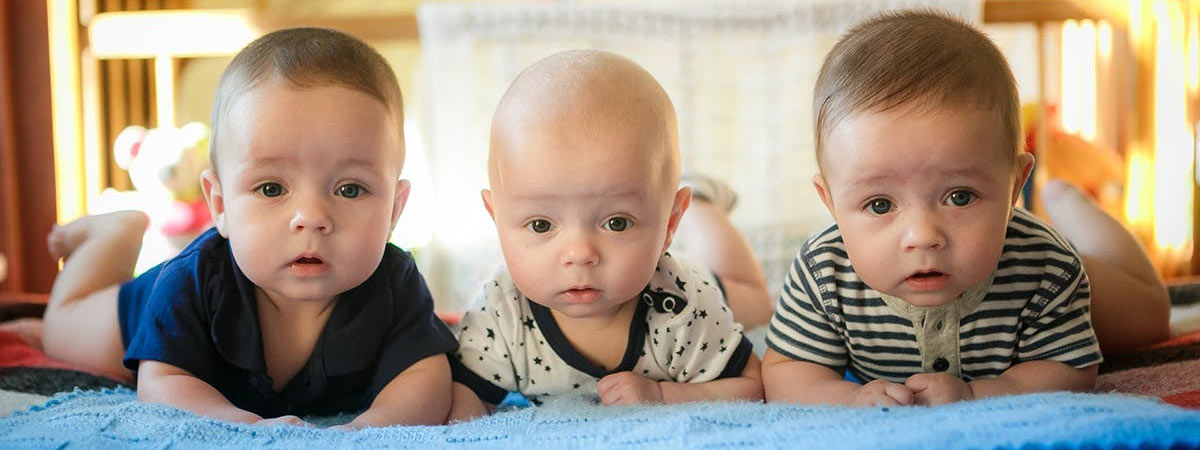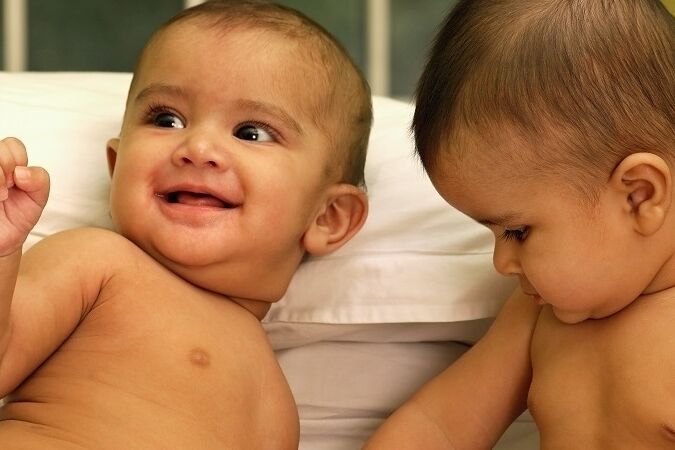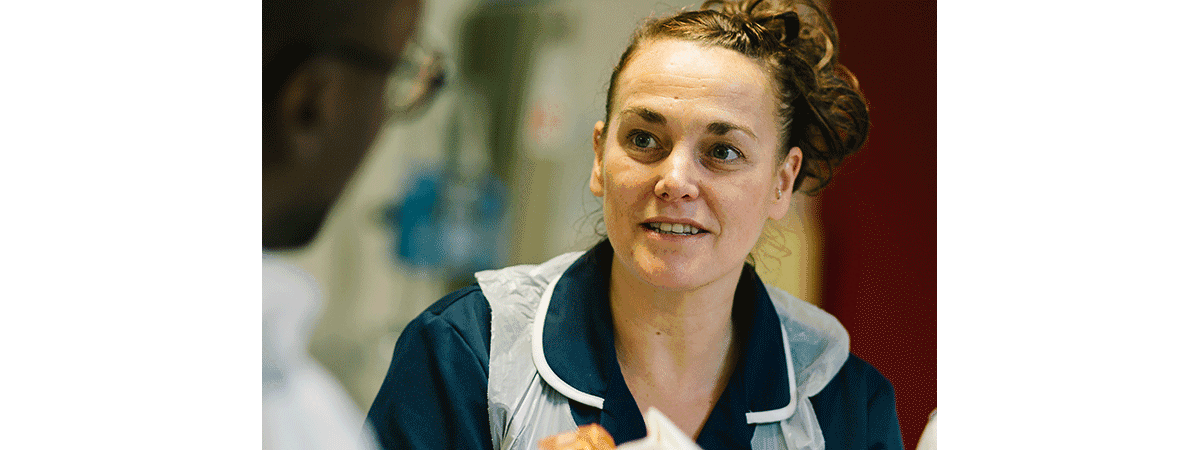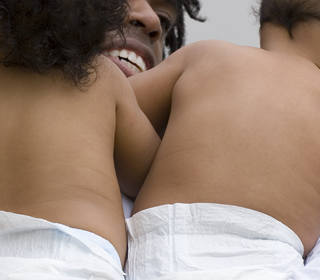
Blog

This week is Multiple Birth Awareness Week - 5-12 November 2018. Our team in the Elizabeth Bryan Multiple Births Centre have been gathering some key facts you might not know about multiple births.
The theme for this year’s International Multiple Birth Awareness Week is ‘Research with multiples benefits everyone’. Here are some key facts about multiple births:
10,951
- In 2016 10,951 mothers had a multiple birth. (multiple births include stillbirths (Office for National Statistics [ONS], 2016).
16
- There has been an upward trend in the number of multiple births over the last 40 years. From every 1000 births almost 16 are a multiple birth (Office for National Statistics, 2017).
45
- Women aged 45 and over are most likely to have a multiple birth (Office for National statistics, 2017).
Increase
- The increased incidence of multiple births is attributed to the increased birth rate, increased maternal age, advances in assisted conception and the development of obstetric, midwifery and neonatal practice which has enabled more multiples to survive (NICE, 2011; Twin and Multiple Birth Association [Tamba], 2013; Human Fertilisation and Embryology Authority, 2015).
11
- IVF conceptions are 11 times more likely to result in a multiple birth than natural conceptions.
19,000
- In 2014, 16% of IVF pregnancies resulted in a multiple birth. With nearly 19,000 IVF babies born in the UK in 2014, IVF contributes significantly to the multiple birth rate.
Higher
- Multiple pregnancies account for higher and, disproportionate numbers, of stillbirths and neonatal deaths in the UK (ONS, 2016; Montacute and Bunn, 2016).
The early parenting role is critical and, for parents of multiples, the priorities and challenges are multiplied (Tamba, 2009). It is widely acknowledged that the outcomes for multiple birth families are poorer compared with singletons (Blondel and Kaminski, 2002; McKay, 2010; Wenze, Battle and Tezanos, 2015). 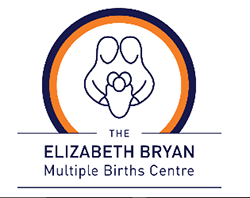

The Elizabeth Bryan Multiple Births Centre
The Elizabeth Bryan Multiple Births Centre at BCU is an exciting collaboration between Birmingham City University (BCU) and the Multiple Births Foundation (MBF), a charity of international repute. The new Centre’s name recognises the pioneering work of consultant paediatrician Dr Elizabeth Bryan, founder of the MBF and former President of the International Society for Twins Studies. It is jointly led by Jane Denton, Director of the MBF, and Dr Merryl Harvey, Professor in Nursing at BCU.
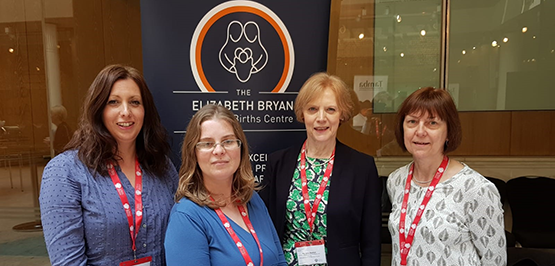
(Left to right – Laura Maguire - Senior Lecturer BCU, Katrina Allcock – Administrator MBF, Jane Denton – Co Lead EBMBC, Prof Merryl Harvey – Co Lead EBMBC, Professor of Nursing and Family Health at BCU).
Join our Special Interest Group
The EBMBC has established a Special Interest Group (SIG) for health and allied professionals. Pre and post registration students are also invited to join.
The SIG aims to establish a network of professionals who work with multiple birth families and to be a forum for members to share information with each other. If you are interested in being a member, find out more here:
